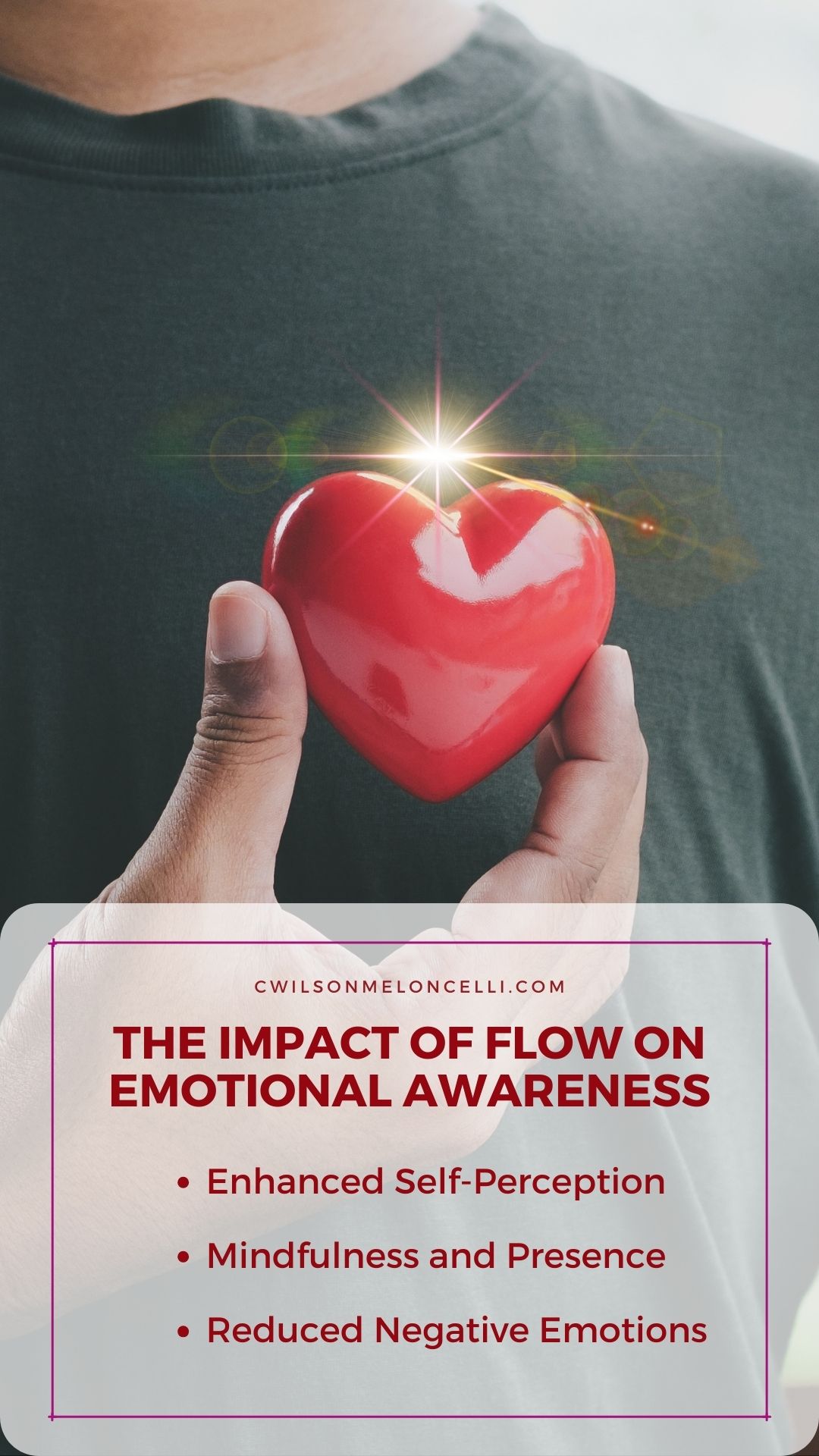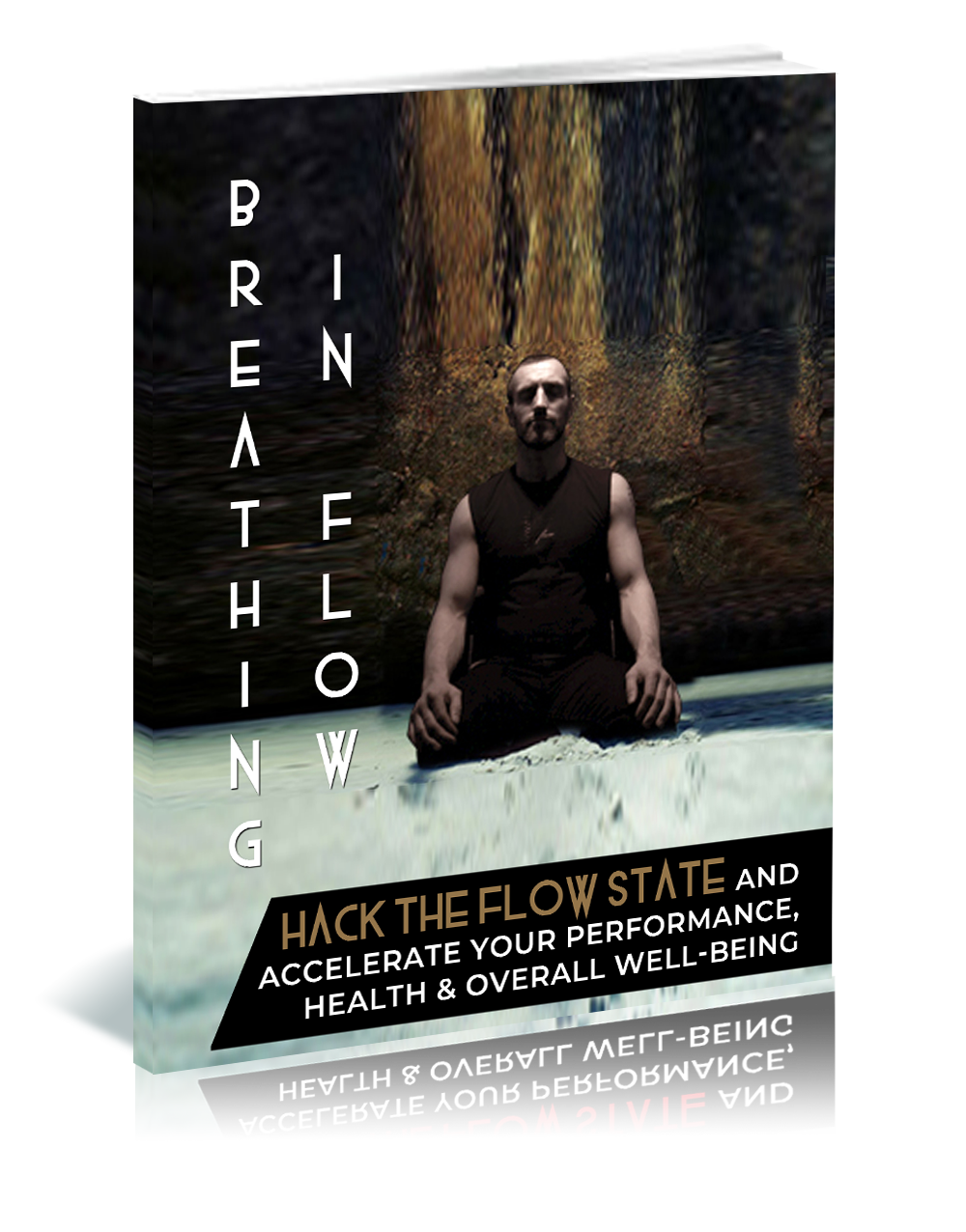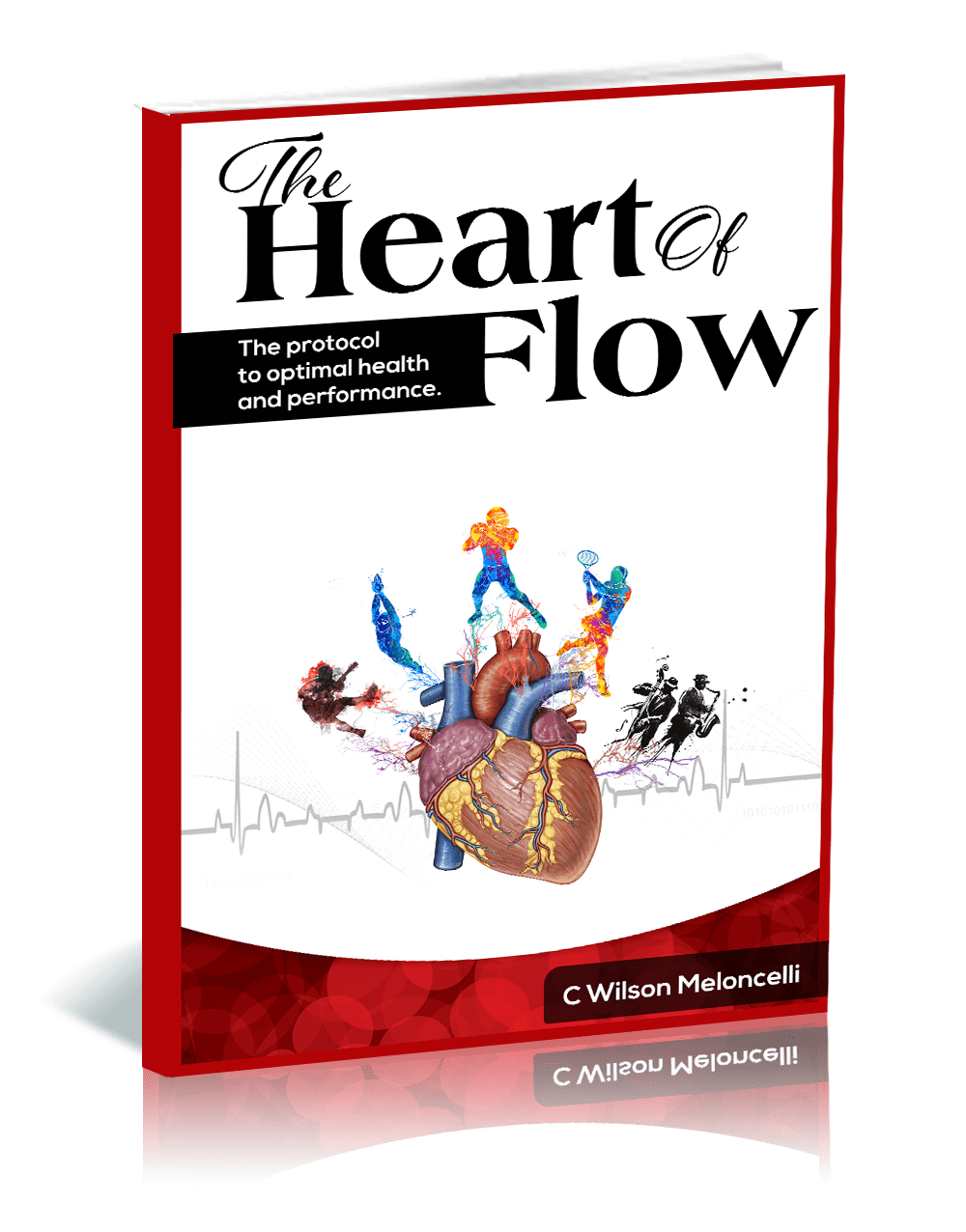
The concept of flow state, as introduced by psychologist Mihaly Csikszentmihalyi, has been extensively studied in the context of productivity and peak performance. However, its impact on emotional intelligence (EI) – the ability to understand and manage one's own emotions and empathize with others – is equally profound. This article delves into how achieving flow can enhance emotional awareness and regulation, key components of EI.
Understanding Flow State and Emotional Intelligence
Flow state is characterized by complete immersion and focused attention in an activity, leading to peak performance and enjoyment. Emotional intelligence, on the other hand, involves recognizing, understanding, and managing our own emotions and those of others. The intersection of these two concepts lies in the heightened awareness and control over one's mental state that flow encourages.
The Impact of Flow on Emotional Awareness
- Enhanced Self-Perception: In flow, individuals are deeply connected with their actions and thoughts, leading to a better understanding of their emotional responses and triggers.
- Mindfulness and Presence: Flow states require a high level of present-moment awareness, akin to mindfulness practices, which are known to improve emotional awareness.
- Reduced Negative Emotions: Activities that induce flow often lead to reduced stress and anxiety, contributing to a more balanced emotional state.
- Studies and Research: Research by psychologists like Csikszentmihalyi and Jeanne Nakamura has shown that flow experiences lead to greater self-awareness and emotional clarity.

Flow and Emotional Regulation
- Control Over Emotional Responses: Flow activities provide a sense of control and mastery, which can translate into better emotional regulation in various aspects of life.
- Coping Mechanism: Engaging in flow activities can be a healthy coping mechanism for managing negative emotions and stress.
- Positive Emotional Experiences: Regular flow experiences can cultivate positive emotions like joy and satisfaction, contributing to emotional stability.
- Research Evidence: A study in the "Journal of Positive Psychology" found that individuals who frequently experience flow are better at regulating their emotions and handling stress.
Integrating Flow into Emotional Intelligence Development
- Identify Flow-Inducing Activities: Recognize activities that naturally bring you into a state of flow and incorporate them into your routine.
- Mindfulness Practices: Incorporate mindfulness techniques, such as meditation or focused breathing, to enhance the quality of your flow experiences and emotional awareness.
- Emotional Reflection Post-Flow: After a flow experience, reflect on your emotional state and any changes you observed. This practice can enhance emotional intelligence over time.
- Balancing Challenge and Skill: Engage in activities that are neither too easy nor too difficult, as this balance is crucial for both flow and emotional regulation.
- Setting Goals: Set clear, achievable goals for your flow activities, as this can provide a sense of accomplishment and positive emotional feedback.
Real-Life Applications and Case Studies
- Corporate Training: Companies like Google and Microsoft have incorporated mindfulness and flow-based training to enhance employees' emotional intelligence, leading to better teamwork and leadership.
- Education: Educational programs that focus on flow-inducing activities, like arts and sports, have been found to improve students' emotional awareness and regulation.
- Therapeutic Settings: Therapists use flow-inducing activities as part of treatment for emotional disorders, helping patients develop better emotional regulation skills.
Challenges and Considerations
While integrating flow into daily life can significantly enhance emotional intelligence, it's important to recognize that not all activities may induce flow for everyone. Personal preferences and individual differences play a crucial role in what activities can lead to flow.
The relationship between flow state and emotional intelligence is a symbiotic one, where engaging in flow experiences can significantly enhance one's ability to understand and regulate emotions. By consciously incorporating flow-inducing activities into our lives and reflecting on these experiences, we can foster a greater sense of emotional well-being and resilience. As Csikszentmihalyi puts it, "Flow is the way people describe their state of mind when consciousness is harmoniously ordered, and they want to pursue whatever they are doing for its own sake." In pursuing flow, we not only achieve peak performance but also cultivate a deeper understanding and mastery over our emotional lives.
Ready to elevate your emotional intelligence and experience the transformative power of flow? Dive deeper into the realm of emotional awareness and regulation with our exclusive program, "The 4 Cycles of Flow." Unlock the secrets to achieving flow and enhancing your emotional well-being. Start your journey to a more harmonious and resilient emotional life today!









